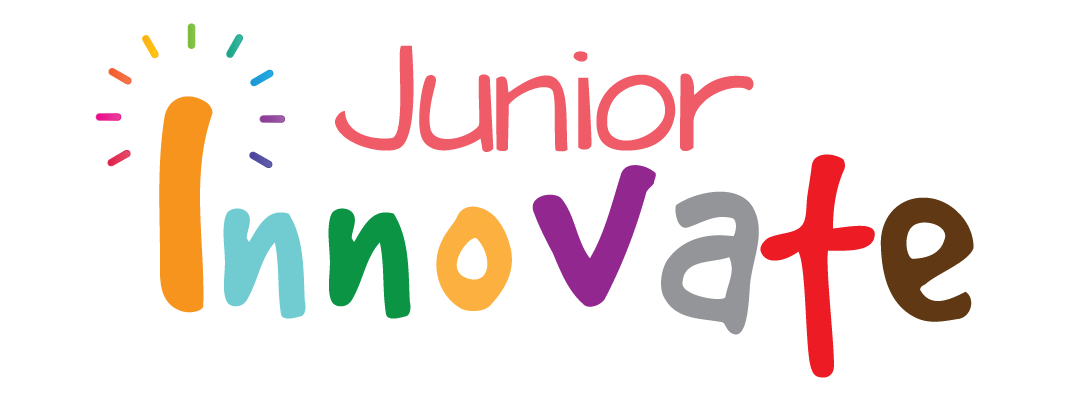Frequently asked questions

Program Overview
The Junior Innovate Competition was created to inspire digital creator mindset and life skills amongst primary school students in preparation for jobs of the future
Students today are consumers and not creators of technology. However, technology will be core knowledge regardless of any career choice. Therefore, life skills (e.g. creativity, critical thinking, collaboration) will provide competitive edge in a future dominated by machines.
This competition is open to all students from the age of 9 and above. They must be from primary schools registered in Malaysia under the Ministry of Education (MOE).
Program Participation
Schools can send any number of teams.
Each team comprises 2 students.
Yes, you can. You can get an adult to be the person-in-charge of your team. However, you will need to provide us with your school’s name as part of the registration.
Yes, you may, as long as you are both students from a MOE registered primary school within the same state in Malaysia.
If you have any further questions about the competition, please refer to our Contact Us page for more information.
Digital badges provide Chumbaka an effective way to recognise learning because the focus is on evidence-backed competency achievement. Digital badges are widely adopted across many sectors (over 3,000 organisations across the world). They provide a way to validate individuals based on skills and achievements. Because digital badges are based on an open specification, you can receive and share other digital badges across different providers.
More details about digital badges can be found from this link.
The registration deadline is 30 June 2025. If your project meets the competition criteria and you still want to participate, contact your state’s secretariat here to check your eligibility to compete in this year’s state Maker Fair.
PROJECT DETAILS
No funding will be provided for projects.
English is used for presentation and learning material.
Open source denotes a software or a hardware for which the original source code and design are made freely available and may be redistributed and modified. Embedded system is a computer dedicated to performing a dedicated task. An example of an open-source embedded system is Arduino. You can find out more about Arduino from this link.
You can purchase directly from Chumbaka by contacting your state secretariat for Arduino Sets with Learning Manuals and a comprehensive set of components (read brochure here).
If you would like to only purchase components for your project, you can source them from local electronic shops or online through Cytron at www.cytron.io. Remember to register for a student account to get free nationwide delivery!
Apply the discount code YMAKE25 when checking out at Cytron for a 10% discount.
You can purchase components from our partner’s online store at www.cytron.io. Remember to register for a student account to get free nationwide delivery.
No, this program promotes open-source hardware and software such as Arduino and Raspberry Pi.
Check our the amazing projects by our previous participants here!
All ideas and games delivered during the Junior Innovate belong to the organiser and its partners. If the game is chosen for commercialization, due consideration will be given to reward and recognise the originator of the idea. For more information, please read our Terms & Conditions.
